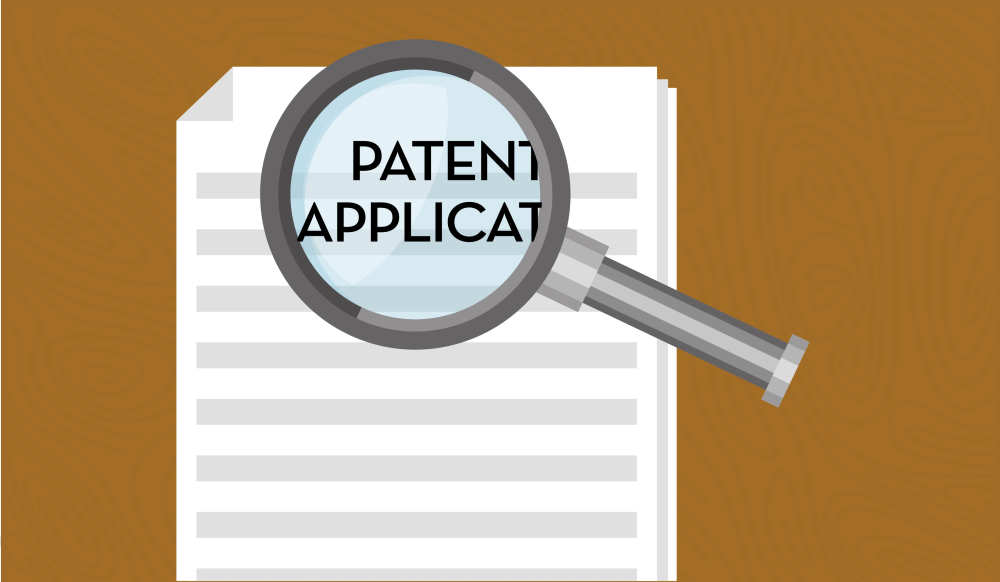The app economy, and frankly the entire ecosystem, relies on a consistent and protective legal framework within the patent system. But patents that are overly broad in scope or issued erroneously seriously threaten the bedrock of the patent system. That is why it is essential to empower stakeholders with a readily accessible means to challenge the validity of patents. The Leahy-Smith America Invents Act (AIA) introduced such a means in 2011 with the creation of the inter partes review (IPR) process at the United States Patent and Trade Office (PTO), and the IPR has served as a valuable process to support genuine creation and innovation ever since. Unfortunately, legal and legislative challenges may jeopardize this essential program.
The AIA created the IPR program as a re-examination process at the PTO and was intended to be distinct from the pre-existing ex parte re-examination process. The ex parte process allows any person to file a request for re-examination at any time on the basis that a previous invention bearing on the patentability of an already-issued patent existed at the time of the patent application. In the patent world, these previous inventions are referred to as “prior art.” If prior art exists at the time of a patent application that is identical to the claims described in that application, the invention is unpatentable because it is not a novel invention. Unlike the ex parte process, the IPR process only requires a petitioner to show a “reasonable likelihood” that it would prevail in its patent claim challenge, rather than having to show a substantially new question of patentability. In addition, the process allows the challenger to present evidence throughout the course of the re-examination. The AIA provides the PTO with an additional tool to invalidate low-quality patents, yet various stakeholders still employ a variety of strategies to undermine it.
Over the past six years, challenges to the IPR process have produced several high-profile legal battles. In 2016, the Supreme Court ruled in favor of the current process in Cuozzo Speed Technologies, LLC v. Lee. More recently, and of paramount importance to ACT | The App Association and our members, the Oil States Energy Services, LLC v. Greene’s Energy Group, LLC case questioned whether the IPR process violates Article III of the Constitution and undermines the Seventh Amendment by unduly depriving a defendant of the right to a jury trial. In this case, the App Association filed an amicus brief in favor of Greene’s Energy, arguing that Article I of the Constitution clearly grants Congress the authority to define a patent right and decide where it can be adjudicated. The Supreme Court agreed with this viewpoint and upheld the constitutionality of the IPR process. You may read more about the case here.
On the legislative front, the App Association is concerned with STRONGER Patents Act (S. 1390), introduced this Congress, which would amend and weaken the IPR process. Among numerous changes, the bill would: limit the types of petitioners allowed to bring IPR proceedings to the Patent Trial and Appeal Board (PTAB) to entities that have a “business or financial reason” and have been sued by a patent holder; eliminate the ability to bring more than one IPR per patent (even if a petitioner has completely novel art compared to a previous petitioner); and effectively defer final patent decisions to federal courts. According to Josh Landau at Patent Progress, the bill would overturn at least five Supreme Court decisions from 2006-2016, not including the recent Oil States decision. Although the STRONGER Patents Act would not overturn the Oil States decision, it would dramatically alter the IPR process.
Small businesses and app developers depend on a well-functioning IPR process to help protect against harassment for using patents that never should have been granted, and the STRONGER Patents Act undoubtedly threatens this paradigm. The IPR process provides a more efficient and less costly avenue to resolve patent disputes, particularly when compared to federal court litigation. The efficiency of this process allows our members to focus on the daily operations of their businesses. Many of our members depend on venture capital or other private investment, but this valuable capital could dry up if they are forced to divert significant resources to defend against spurious patent assertion in federal court. While IPR proceedings typically cost $80,000 – $350,000, the median district court litigation costs between $600,000 and $5,000,000, and takes longer to complete on average. Startups are especially vulnerable to aggressive licensors, who are aware that many small enterprises lack the time or resources to adequately protect their interests or will run themselves into the ground trying to accomplish it. For many startups and small businesses, the difference between resolving disputes in the PTAB or in a federal court can spell the difference between survival or failure.
The App Association will continue fighting to maintain a fair and effective IPR process to challenge low-quality and redundant patents. We recognize the importance of this process to protect our members from those who threaten their hard work, innovation, and contributions to the app economy.
